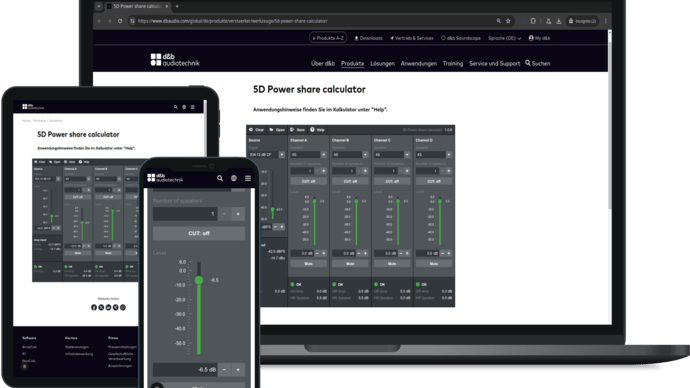
What does data augmentation mean?
In the world of machine learning and artificial intelligence (AI ), the quality and quantity of data plays a crucial role. This is where data augmentation comes into play. It is a method of expanding and diversifying the existing data set without collecting new data.
Data augmentation refers to techniques that are used to increase the scope and variety of a dataset by modifying existing data. This can be achieved using various methods, depending on the type of data (image, audio, text).
This article will explain the technical term "data augmentation" in detail and provide practical application examples
In a nutshell:
- Data augmentation expands and diversifies the existing data set.
- It improves the performance of machine learning models.
- There are various data augmentation techniques and methods.
Why is data augmentation important?
In many cases, especially in AI, the available data is limited. A larger and more diverse data set can help models generalize better and not just "memorize" the training data. This can reduce the problem of overfitting.
Techniques and methods
There are different approaches to data augmentation, depending on the type of data:
Image data augmentation
In image data augmentation, images are rotated, flipped, cropped or otherwise modified to expand the data set. For example:
- Rotation
- zoom
- Color changes
Audio data augmentation
Noise can be added to audio data, the speed can be changed or parts of the audio can be cropped.
Text data augmentation
Text can be augmented by exchanging synonyms, restructuring sentences or translating into another language and then back.
Automated data augmentation
There are approaches that try to find the best augmentation techniques automatically. One such approach is AutoAugment. This approach uses machine learning to find the best augmentation policies for a given data set.
Advantages of data augmentation
- Expansion of the training dataset: more data can lead to better models.
- Avoidance of overfitting: Models can generalize better and are not too fixated on the training data.
- Improving model quality: With a diversified data set, models can perform better in different use cases.
Case studies and application examples
- Medical imaging: Data augmentation can help to increase the number of medical images for training models.
- Speech recognition: Adding noise or changing the speed of audio recordings can improve the robustness of speech recognition models.
Was ist der Unterschied zwischen synthetischen Daten und Datenaugmentierung?
Synthetische Daten sind komplett neu generierte Daten, während bei der Datenaugmentierung vorhandene Daten modifiziert werden.
Welche Tools gibt es für die Datenaugmentierung?
Es gibt verschiedene Open-Source-Bibliotheken und kommerzielle Tools, die je nach Datenart und Anforderungen verwendet werden können.
Wie wirkt sich Datenaugmentierung auf die Modellleistung aus?
In vielen Fällen kann Datenaugmentierung dazu beitragen, die Leistung von Modellen zu verbessern, insbesondere in Situationen mit begrenzten Daten.
Further information
We think: Data augmentation has established itself as a valuable tool in the field of machine learning and AI. It makes it possible to make models more robust and powerful, especially in situations with limited data. In the future, automated approaches such as AutoAugment could further increase the efficiency of data augmentation. It is expected that as technology advances, data augmentation methods will become even more sophisticated and adaptable.
Sources:

















